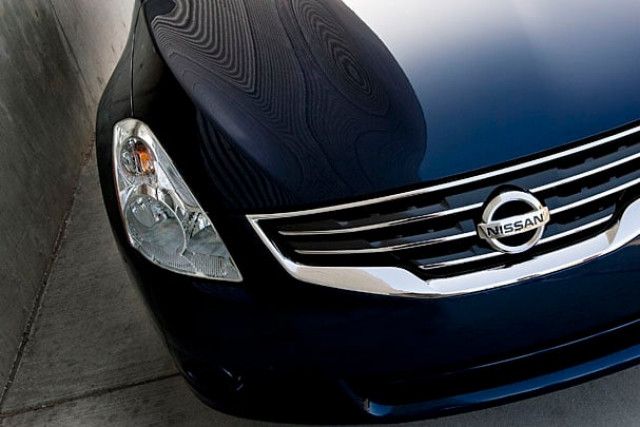Automobile industry may lose protective tariffs
Revisions in CBU, CKD tariffs proposed to rationalise prices.

According to an official of the Ministry of Industries, the government wants to gradually reduce protection given to the auto industry by reducing the tariff on Completely Built Units (CBU) to ensure availability of imported substitutes for consumers at affordable prices. It also wishes to rationalise tariffs applicable on Completely Knocked Down (CKD) units.
The government has proposed the following: a reduction in the tariff on cars up to 1,000cc engine size, from the current 55% to 40% for the next five years; from 60%, to 50% for 1,001cc to 1,500cc cars; and a 5% increase in the tariff of 1,501cc to 2,000cc cars from the current 75%. The official further said the government has also proposed withdrawal of the 50% regulatory duty on cars exceeding 1,800cc; which it believes is an impediment to the growth of this segment.
The tariff for non-localised CKD vehicles is currently 32.5%, but has been slashed to 20% for the next five years in the proposal. For localised CKD vehicles, it has been proposed at 35%, against the current tariff of 50%. The Light Commercial Vehicle category tariff is currently 60%, but it is proposed at 50% for the next financial year. Localised CKD and components tariff is currently 50%, and has been proposed at 35% for the next five years.
According to the official, the government has also proposed reducing the tariff slabs for import of CBU units from the existing 5 to 4. It also wishes to revisit the existing schemes for import of used vehicles, so as to circumvent misuse and encourage the import of new vehicles over old and used ones.
“Lowering the CKD rate – and simultaneously keeping the CBU rate higher – is not only in line with trends followed by successful regional economies, but will also attract new investments, enable technology transfers, and provide an even playing field to existing assemblers and vendors when the MFN status is granted to India,” added the official.
Published in The Express Tribune, May 23rd, 2012.



















COMMENTS
Comments are moderated and generally will be posted if they are on-topic and not abusive.
For more information, please see our Comments FAQ